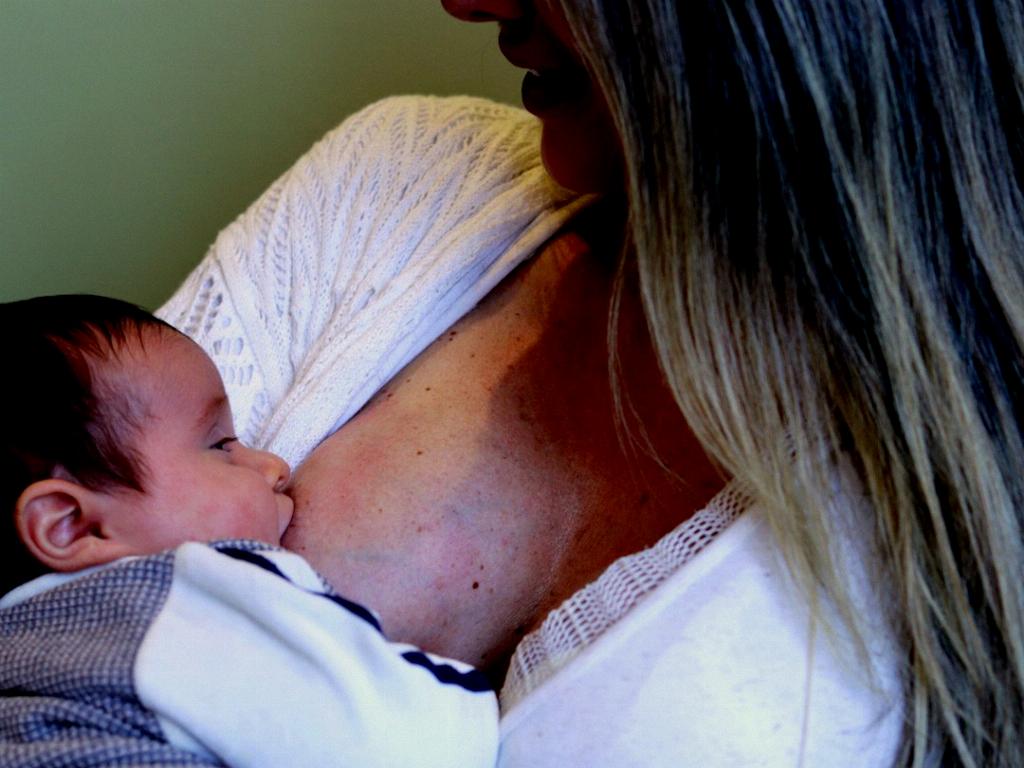When it comes to caring for your 8-month-old breastfed baby, establishing a routine can help provide a sense of structure and predictability for both you and your little one. As your baby continues to grow and develop, their feeding needs and sleeping patterns will evolve, requiring adjustments to their daily schedule.
Feeding Schedule at 8th – 9th Month
During the 8th and 9th month, your breastfed baby may consume around 6-7 ounces of breast milk every 3-4 hours during the day, totaling 4-6 feedings per day. It is recommended to avoid night-time feeds at this age to encourage longer stretches of uninterrupted sleep for both you and your baby.
Introduction of Solid Foods
At 8 months, you may also start introducing solid foods to complement your baby’s breast milk diet. Remember to offer a variety of nutrient-rich foods such as pureed fruits, vegetables, and iron-fortified cereals to support their growth and development.
Weaning from the Bottle
As your baby approaches their 8th month, it might be a good time to start weaning them from the bottle. Consider offering formula in a cup 1-2 times per day to transition your baby to independent drinking skills and reduce their reliance on the bottle.
Adapting to Changing Feeding Needs
Between the 10th and 12th month, your breastfed baby may continue to consume 6-7 ounces of breast milk every 4-6 hours, with around 3-4 feedings per day. As your baby grows older, their appetite and feeding patterns may change, requiring flexibility in their feeding schedule.
Encouraging Self-Feeding Skills
As your baby approaches their first birthday, introducing finger foods and encouraging self-feeding can help promote independent eating skills and enhance their sensory exploration of different textures and tastes.
Importance of Nutritious Diet
Ensuring that your 8-month-old breastfed baby receives a balanced and nutritious diet is crucial for their overall health and development. Include a variety of foods rich in essential nutrients such as iron, calcium, protein, and vitamins to support their growing needs.
Monitor Your Baby’s Growth
Regularly tracking your baby’s growth and weight gain can help you assess if they are receiving adequate nutrition from breast milk and solid foods. Consult with your pediatrician if you have any concerns about your baby’s growth or feeding habits.
Establishing a Bedtime Routine
Creating a soothing bedtime routine for your 8-month-old can help signal to your baby that it is time to wind down and prepare for sleep. Consider activities such as a warm bath, gentle massage, and bedtime stories to promote a sense of calm and relaxation.
Limiting Distractions During Feeds
To ensure that your baby gets the most out of their feeding sessions, create a quiet and distraction-free environment during feeds. Minimizing noise and visual stimuli can help your baby focus on feeding and prevent unnecessary interruptions.
Encouraging Hydration with Water
Introducing small sips of water in a cup to your breastfed baby can help keep them hydrated, especially during hot weather or when they are starting to eat solid foods. Avoid offering sugary drinks or juice to maintain healthy hydration levels.
Listening to Your Baby’s Cues
Above all, remember to listen to your baby’s cues and signals when it comes to feeding. Pay attention to their hunger and fullness signs, preferences for certain foods, and overall feeding experience to ensure that their feeding routine is tailored to their individual needs.

